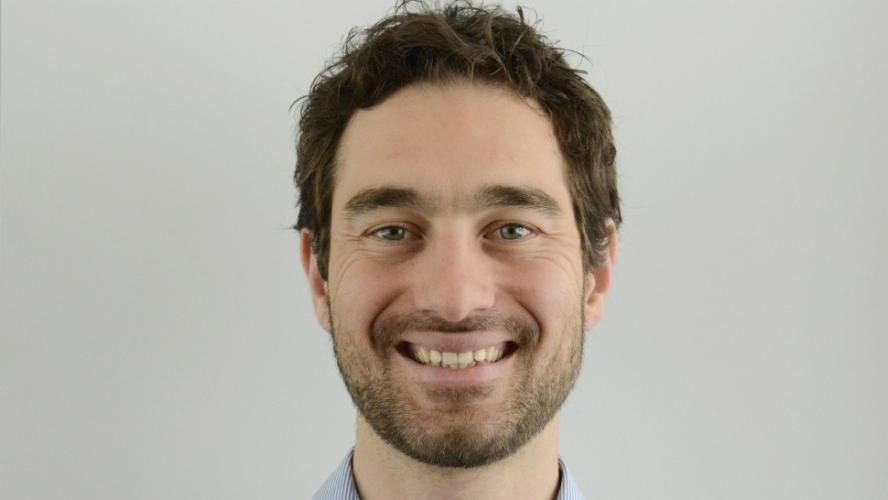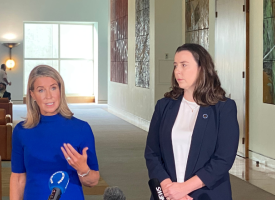The Killing System
In 1958, British European Airways flight 609 crashed on takeoff. Two previous attempts had been aborted by Captain James Thain, and the third attempt saw the plane come off the runway and crash a short distance past the end of it. The crash is famous because it decimated the Manchester United Football Team, the then favourites for the European Cup. Captain Thain was blamed for the accident, for failing to de-ice the plane despite evidence to the contrary that he had. He lost his co-pilot to his injuries, he lost his job having been fired following the investigation and he lost his livelihood. He was maligned in the media and blamed for the death of the much-loved ‘Busby Babes’. Despite this, Captain Thain persevered for more than a decade to clear his name, and eventually the true cause of the accident was revealed to be the state of the runway. It was the system that failed, not Captain Thain.
In 2011, a six year old child died in the Leicester Royal Infirmary. Doctor Hadiza Bawa-Garba, recently returned to work and without orientation, was doing the job of three doctors due to staff shortages. The IT system had failed, resulting in critical test results going unnoticed. Nursing shortages resulted in non-paediatric nurses providing care on paediatric wards. Doctor Hadiza Bawa-Garba was charged with and convicted of manslaughter, and a subsequent application to appeal this failed. She has recently been permanently banned from practice. She lost her job and her livelihood, she has had to suffer irrevocable damage to her reputation, and more importantly than anything else - she is being blamed for the death of a six year old child despite a calamity of systems errors. Doctor Hadiza Bawa-Garba has paid a heavy price, but the system has not.

In 2018, a veritable army of new doctors started work in Australia. Some have recently graduated from Australian universities. Some have recently migrated here from all over the world (I like to call the largest group of them “NHS refugees” - thank you, Mr. Jeremy Hunt, for my dear friends and colleagues, who you treated so poorly and with such contempt, that they now call Australia home). I’m willing to wager that the majority of them didn’t complete orientation, didn’t have working security passes, didn’t have prescriber numbers, or couldn’t access critical IT systems. I am also willing to wager that 100% of them receive near-daily reminders to complete online mandatory training modules that neither teach them anything useful about our systems of health care, nor do they do anything to advance adherence to the Australian Commission on Safety and Quality in Health Care (ACSQHC) national standards.
So you can imagine my disappointment when I read an article written by Stephen Duckett and Greg Moran about why you should avoid hospitals in January. The media delightfully called it the “killing season”. When the two authors postulate on what goes wrong in January, they offer the following: “New staff might be less adept at monitoring patients, leading to the patient becoming malnourished. Or the new staff may not have acquired sufficient technical skills leading to an accidental puncture or laceration during a procedure.”. They then state that 3,000 patients could avoid complications if they presented during a “normal time of year”. Not once is the system directly implicated in the complications; only the staff and the timing of the patient’s arrival to hospital. I’ll be sure to remind my patients to kindly have their heart attack at a more convenient time, shall I?
These system failures are not the exception to the rule. We work in a chronically underfunded system, with gaps in the rosters that make Swiss cheese look like a solid concrete paver. IT systems are designed and deployed in a haphazard way, and with a limited appreciation of best practice in health informatics. We’ve built silos that allow people to avoid taking responsibility for the problems that arise, blaming the Department of *insert here* instead of looking to the solution. New doctors enter this system, and are immediately inculcated with the idea that failure is a fault of their skill set, not a failing of a system that is under-funded, poorly structured and without clear leadership.
This isn’t the killing season. It’s the killing system. I am convinced that the only reason more people don’t come to further harm is because a very dedicated group of doctors and nurses work much harder than they should, fighting a system that purports to support them, to the direct harm of themselves and their families. Can we all agree that it isn’t normal for a hospital system to harm patients? And can we agree that it’s an incredible perversion of justice to blame an individual for the consequences of such a broken system? It seems so obvious but rarely do we acknowledge it. We need to start treating adverse events in healthcare like air crash investigations. We need to move away from this system of blaming whoever was last involved with a patient and start to ask real questions as to how we got there in the first place.
Collectively, we’re frogs in a pot. The water is getting warmer ever so slightly and before we know it we’ll be cooked alive, along with our colleagues and patients. Next time a doctor is unable to see a patient in a timely manner or provide adequate care, let’s risk manage the system instead of the individual. Let’s ask those who fund and run the system exactly why these dangerous situations are allowed to propagate. Captain Thain, Doctor Hadiza Bawa-Garba and Jack Adcock all deserved better. You, your colleagues and your patients deserve better. Let’s speak up before the water boils.
Until next time,
Z
Dr John Zorbas
Chair, AMA Council of Doctors in Training



